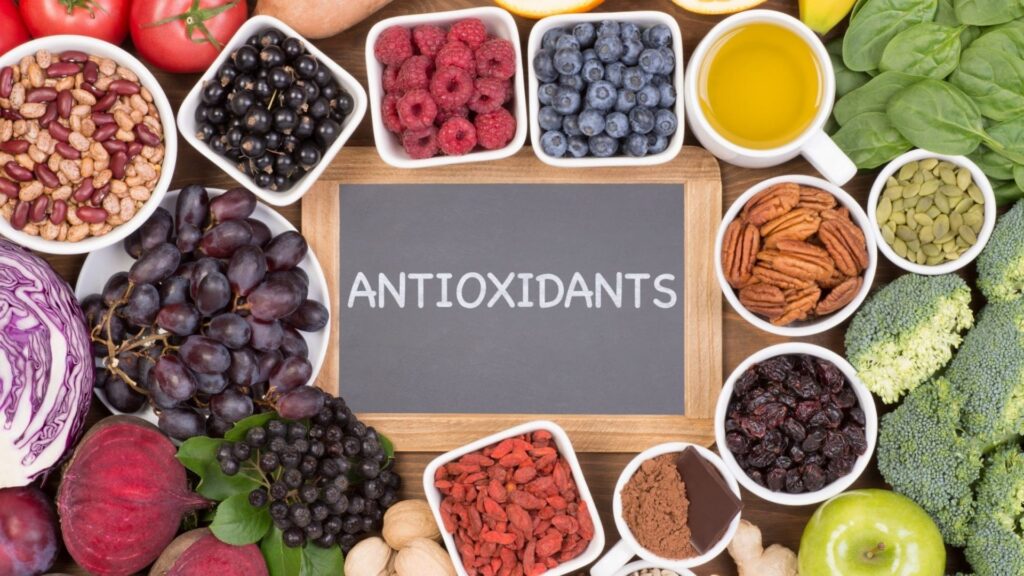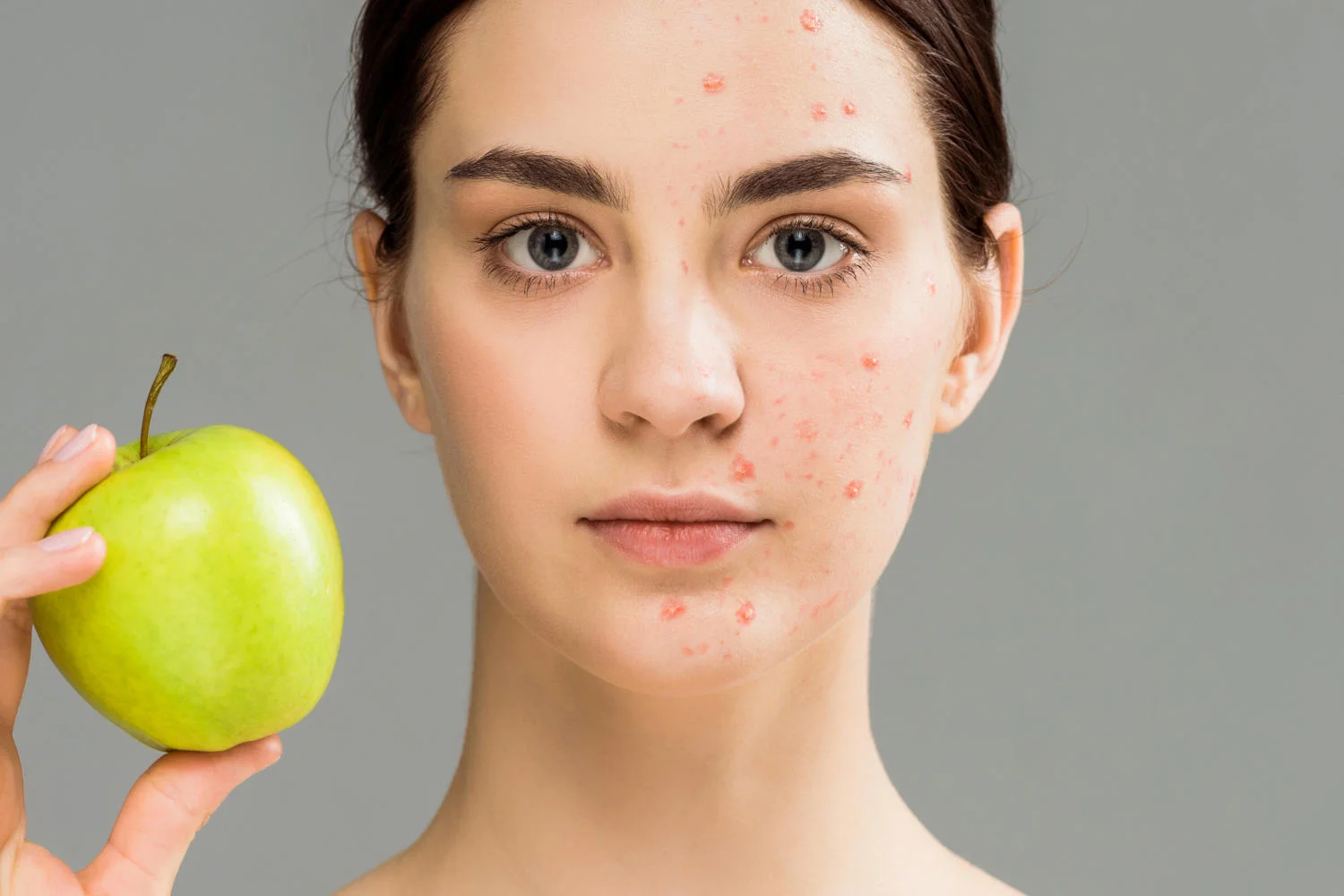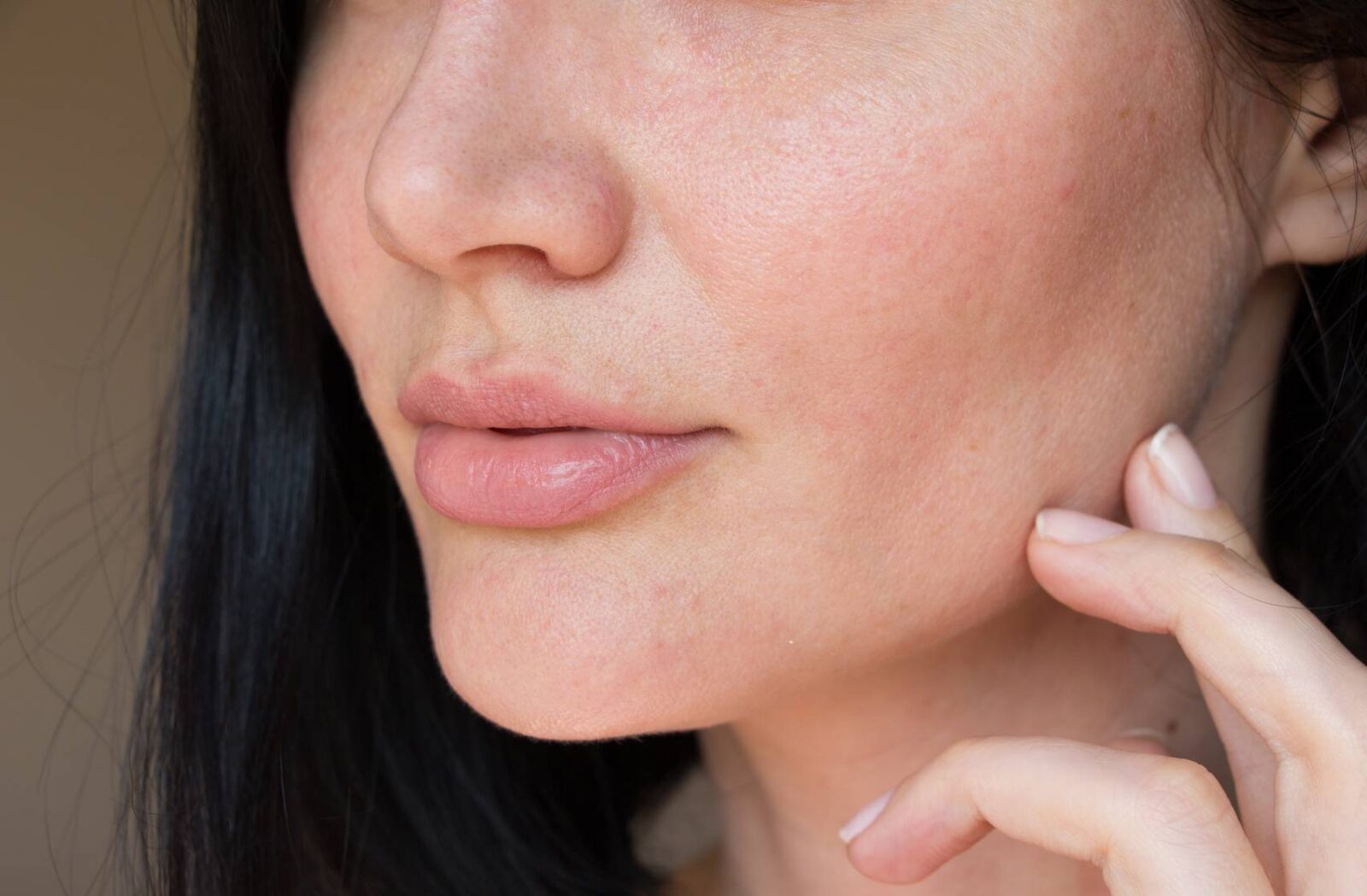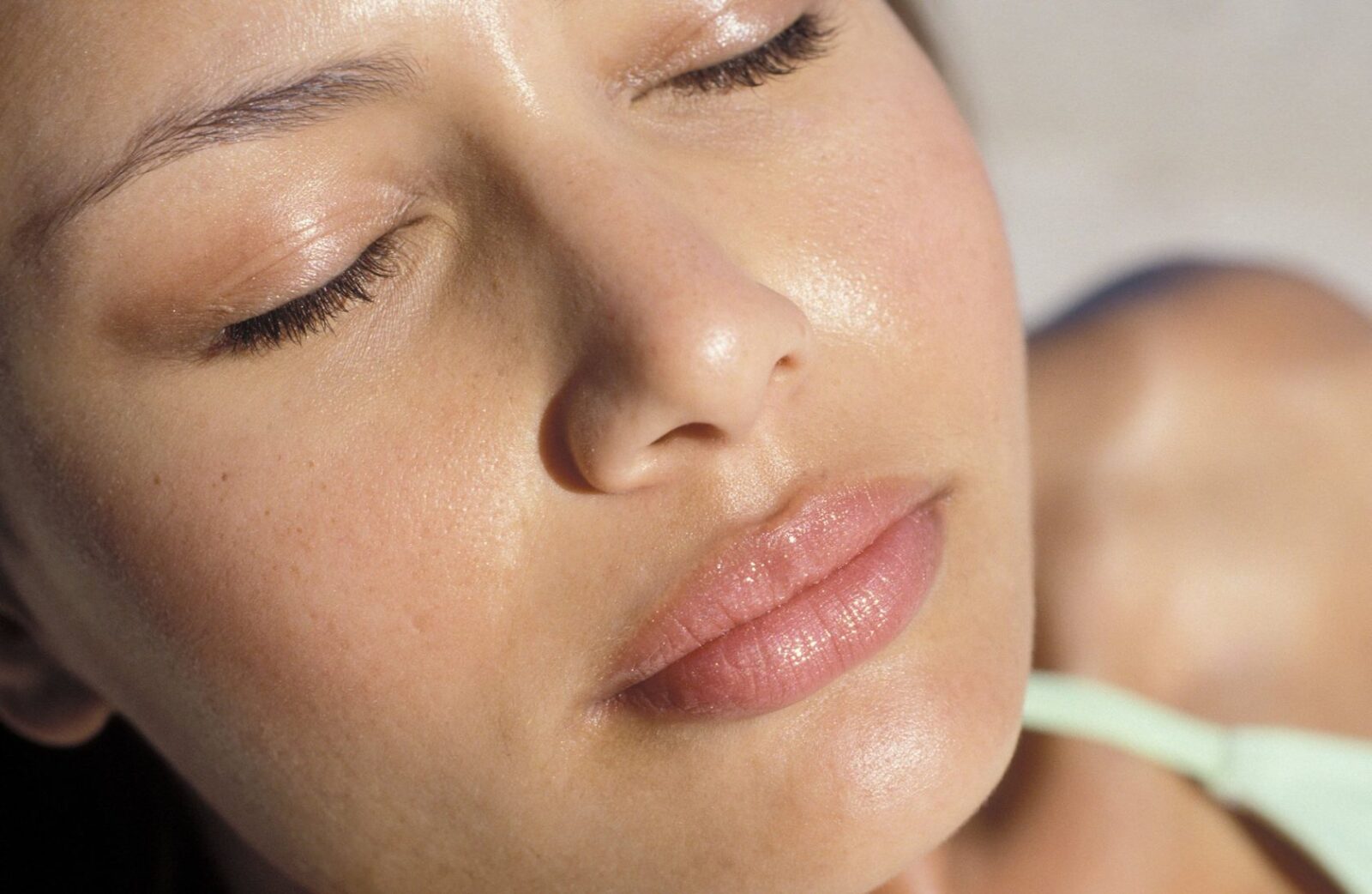Table of Contents
Introduction
When it comes to maintaining clear skin, many people often wonder, “Can food cause acne?” The simple answer is yes, certain foods can impact your skin’s health. Understanding how your diet affects acne can be a game-changer for many who struggle with breakouts.
The Relationship Between Diet and Acne
Research has shown that there is a connection between food and acne, although this link can be complex and varies from person to person. While some might see an immediate response in their skin after consuming certain foods, others might not notice any difference at all. The relationship between diet and acne can involve multiple factors, including hormonal changes, inflammation, and the types of foods we eat.
Foods That May Contribute to Acne

Certain foods may lead to increased breakouts due to their composition and how they affect blood sugar levels and hormonal balance.
High Glycemic Index Foods
Foods that fall into the high glycemic index category can spike blood sugar levels quickly, causing a surge in insulin. This spike may increase oil production in the skin and lead to acne. Some examples of high glycemic index foods include:
- White bread
- Sugary cereals
- Processed snacks
- White rice
- Potatoes
Dairy Products
Dairy is another category that has been scrutinized for its potential role in acne. Studies suggest that the hormones in milk may contribute to skin issues. Avoiding or limiting consumption of dairy products like milk, cheese, and yogurt might help those who have noticed a connection between their acne and dairy intake.
Sugar and Sweets
Excessive sugar intake can lead to inflammation and hormonal changes, which may worsen acne. Reducing sugary foods like candy, soda, and baked goods can be beneficial for preventing breakouts. It’s critical to scrutinize labels and be aware of hidden sugars in many processed foods.
Foods That May Help Reduce Acne
On the flip side, certain foods can support skin health and potentially reduce acne breakouts.
Antioxidant-Rich Foods

Fruits and vegetables that are high in antioxidants can combat inflammation and improve skin health. Foods rich in vitamins A, C, and E are particularly beneficial:
- Berries (strawberries, blueberries)
- Leafy greens (spinach, kale)
- Nuts (walnuts, almonds)
Healthy Fats
Incorporating healthy fats into your diet can also support skin health. Omega-3 fatty acids are known for their anti-inflammatory properties. Foods rich in omega-3s include:
- Fatty fish (salmon, sardines)
- Chia seeds
- Flaxseeds
- Walnuts
Tips for a Skin-Friendly Diet
If you’re looking to refine your diet for clearer skin, consider the following tips:
- Stay Hydrated: Drinking enough water can help to flush out toxins.
- Eat Whole Foods: Focus on a plant-based diet full of whole grains, fruits, and vegetables.
- Limit Processed Foods: Minimize the consumption of processed and fast foods.
- Monitor Your Reactions: Keep a food journal to identify any foods that trigger breakouts.
Consulting a Professional
If you’re struggling with persistent acne, it might be worthwhile to consult with a dermatologist or a nutritionist. They can help you understand any underlying conditions and provide personalized advice on diet changes that could help manage your acne.
For more information on skincare and diet, check out American Academy of Dermatology or Skin Cancer Foundation for reliable resources.
Conclusion
In summary, the question, “Can food cause acne?” is one that many have asked as they seek clearer skin. Certain foods, particularly those high in sugar and dairy, can exacerbate breakouts, while antioxidant-rich foods and healthy fats may help maintain skin health. A balanced diet combined with appropriate skincare could make a noticeable difference in your skin’s appearance. By paying attention to what you eat, you may find the key to combating acne and enhancing your overall skin health.


